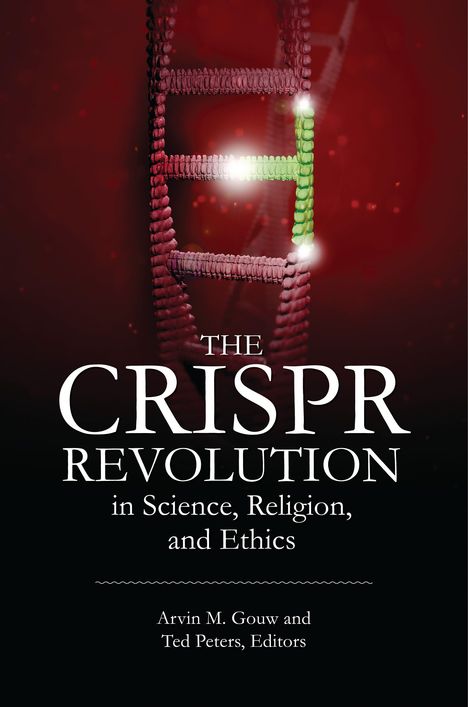The Crispr Revolution in Science, Religion, and Ethics, Fester Einband
The Crispr Revolution in Science, Religion, and Ethics
Buch
Derzeit nicht erhältlich.
Lassen Sie sich über unseren eCourier benachrichtigen, falls das Produkt bestellt werden kann.
Lassen Sie sich über unseren eCourier benachrichtigen, falls das Produkt bestellt werden kann.
- Herausgeber:
- Arvin M Gouw, Ted Peters
- Verlag:
- Bloomsbury Academic, 01/2025
- Einband:
- Fester Einband
- ISBN-13:
- 9781440871788
- Gewicht:
- 454 g
- Maße:
- 235 x 156 mm
- Stärke:
- 25 mm
- Erscheinungstermin:
- 23.1.2025
Ähnliche Artikel
Klappentext
This groundbreaking volume will provide a series of original essays by scientists, theologians, religious studies scholars, and ethicists who will offer an authoritative, illuminating, and thought-provoking overview of the CRISPR controversy.There are moments when genetic science ignites an explosion of public controversy. In the early 1990s, the Human Genome Project, along with Jurassic Park, frightened the world with genetic determinism. The Cloning Controversy of 1997 and the Stem Cell Controversy of 1998 prompted bitter moral stand-offs. The fuse has just been lit for the next explosion, the CRISPR Controversy. The CRISPR Revolution in Science, Religion, and Ethics channels the energy of the explosion into constructive reflection on the implications of this revolutionary science for religion, ethics, and public policy.
While some chapters explain in a readable fashion the science behind the technique of gene editing, others draw out implications for social impact. This volume reviews the history of genomics from 1990 to date with special attention to cloning and stem cell research. Chapters address the significance for understanding human nature within specific religious traditions. Most importantly, selected ethical issues are analyzed: therapy versus enhancement; germ line modification; designer children; patenting; and the long-term effects of gene drive proposals.




